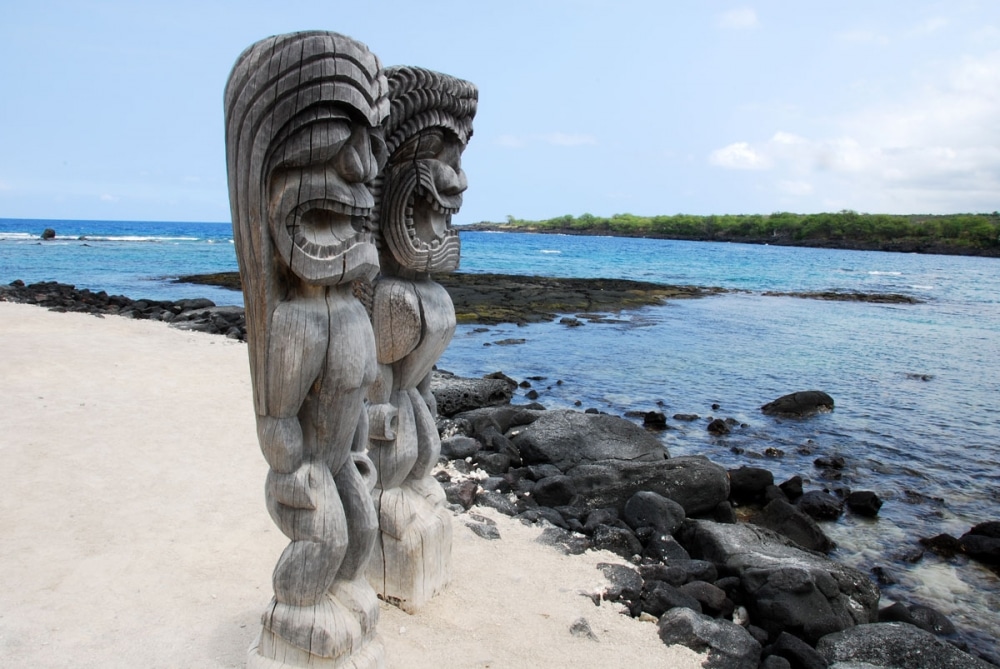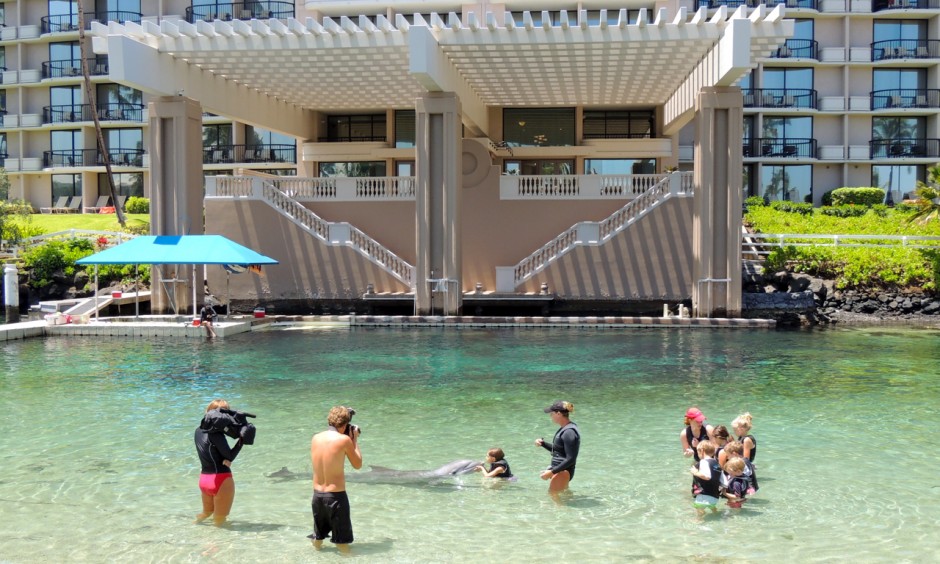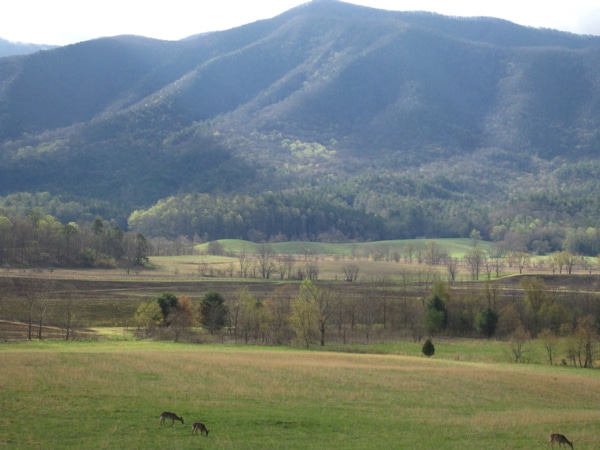The last stops on the book tour were in Milwaukee, Cleveland, Pittsburgh, and Washington DC, with a stop in Johnstown to visit friends. Much of this was familiar territory.
Milwaukee is an industrial city hard hit by factory closings, outsourcing, and off-shoring. The bookstore hosting my talk and signing was the venerable Harry W. Schwartz bookshop. This independent bookseller has been in Milwaukee for nearly eighty years and is still owned by the same family. There are several Schwartz stores, and this one is in South Milwaukee, in the Bay View neighborhood. The address was the wonderfully named Kinnickinnic Avenue; the word is derived from Algonquin and means a mixture used as a tobacco substitute. Locals just call it KK Avenue. As we entered and drove through the avenue, we thought that the area looked too poor to have a good bookstore. But appearances can be deceiving. We found a cooperative food store with lots or organic items. After the talk we had dinner with a friend from Canada who had stayed in town for an extra day just to see me. The food at the restaurant was excellent and moderately priced. The bookstore, itself, provided the greatest surprise. It was well-stocked, the person who introduced me had done some homework, and the crowd was large and enthusiastic. I was given a black tee-shirt with an image of the original Harry W. Schwartz store’s facade on the front. A woman came up afterward and told me an amusing story. She was looking for a hot plate on amazon.com, and when she typed “hot plate” into the search line, my book appeared! She didn’t know anything about it, so she went to the Harry Schwartz store and asked. She was told that they not only carried it but I was coming that week to speak. A strange set of coincidences!
Our motel in Milwaukee was outside town, on Interstate 94, the highway that connects the city with our previous stop in Chicago. It was a Super Eight, usually fairly cheap but expensive the week we were in town because the state fair was in progress. The clerk did graciously give us a room upgrade, and we were grateful for that.
The man with whom we had dinner after the talk was Sam Gindin, who for many years was chief economist for the Canadian Auto Workers (CAW) union. Sam is a major character in what I think is the best documentary film about union-company labor contract negotiations I have ever seen. It is titled “Final Offer,” and it documents the bargaining that led the Canadian workers to break from the UAW and form a separate and much more militant and member-oriented union than the UAW. Sam is now teaching part-time as a chaired professor at York University in Toronto and writing about the economy, usually with his comrade Leo Panitch. Sam is interested in building organizations that struggle for radical social change. Like Jerry Tucker, with whom he has long been associated (after Milwaukee he was heading for Detroit to teach in the solidarity school Jerry helped organize and which I mentioned in a previous post), Sam is an organizer, a person who understands that radicals can talk and analyze all they want but the world won’t change until we organize to force the issue. In Toronto, Sam said, there are many grassroots organizations fighting for many progressive things. But these organizations rarely have a larger social focus, one aimed at transforming society as a whole. Sam has begun, with some others, to try to bring these groups together, to find out what they have in common. He gave a good example of the difficulties involved. There is an organization in Toronto that tries to secure rights for Southeast Asian women. It would seem that it would be a natural ally in living wage campaigns. However, the women in it often work for parents and relatives, employers none too keen on paying a living wage.
It took us about eight hours to get to Cleveland. We anticipated the usual traffic nightmare in Chicago, but this didn’t materialize. There was bad weather all around, but we missed it. There was flash flooding in Cleveland that morning and a road we were on later had been closed a few hours earlier. Karen’s sister in Joplin says that bad wether always follows one of our visits, but this time the storm preceded us. Later, in Pittsburgh, we experienced torrential rains but luckily avoided serious flooding in some of the nearby boroughs (caused in part, as it is throughout the country, by relentless suburban developments that remove trees from hillsides) and a tornado that struck the downtown destroying homes in a poor neighborhood and damaging the Science Center.
The Cleveland event was in the suburb of Lyndhurst, a few miles east of the city. I have fond memories of Cleveland. Today it is one more manufacturing center ravaged by de-industrialization, but when I was a boy, it represented the big city, even more so than Pittsburgh. This was because my Uncle Bob, my father’s brother (he often went by “Mike,” so we had the same name), lived there with my Aunt Ann. My uncle was a glass artist. He sandblasted intricate designs with devices of his own invention that shot a thin stream of sand into the glass. The technique was called glass carving. My dad used to take me there to visit in summer, and I have happy memories of playing stickball with city kids in the ally near my uncle and aunt’s apartment, of walking the city streets with dad and Uncle Bob, stopping at White Castle for a hamburger, listening to Bob talk to the cops and derelicts who frequented the neighborhood. My dad went to Cleveland to work for his brother during a long strike at the glass factory in my hometown in 1958. He enjoyed the company of his brother and sister-in-law. I also remember going to Ann’s family home when she was dating my uncle. The family was Italian, and I reported back incredulously to my mother that they ate spaghetti with every meal, even Thanksgiving. My mother was Italian too, but her family came from far in the north of Italy, close to the Austrian border. There pasta was not as important a staple food as was polenta, which I have always loved.
The name of the bookstore is Joseph Beth Booksellers, and it was as large as a chain bookstore but much better laid out and more comfortable. I noticed that Stephen King and Hillary Clinton had been there to speak. At least King was good company to be in. I have always stuck to some advice he gave writers, especially his maxim that “the adverb is not your friend.” I was anxiously waiting to see if anyone would show up when I saw my Aunt Ann (my uncle died some years ago, of emphysema, like my dad) and her son Rob come through the door. What a wonderful surprise. We talked excitedly and later had dinner, with Rob’s wife Kim. The only thing that marred the evening was the argument I got into with an audience member. A person accused me (not too strong a word given her tone of voice) of being too negative. I tried to assure her that this wasn’t the case, but she remained aggressively adamant, even denying that it was a bad thing that as many as fifteen unrelated persons might live in a one-bedroom apartment in Manhattan’s Chinatown. This was too much for me and the frustrations building from so many days on the road spilled over and I went on the attack. It got pretty ugly, but I eventually had the sense to end it, after telling her husband, who has not heard my talk but came by after and asked a stupid question, that I wasn’t going to repeat what I said. Oh well, one bad night in forty-five isn’t too bad.
The bookstore was located in Legacy Village, an outdoor mall built to look like Main Street, USA. Shops in attractive brick buildings line named streets, and there are even small parks with benches. It reminded us of the “New Urbanism” towns along the Florida Panhandle that I described in the last chapter of the book. The relentless move outward from cities has destroyed much of the urban landscape (and small towns have been gutted by the same phenomena), so smart developers recreate mythical street scenes in towns and shopping malls. Everything is antiseptically clean and neat, like in a theme park. The unpredictability that gives street life anywhere its excitement and interest is intentionally eliminated, since it would no doubt be bad for business. The gentrification of New York City may be leading to a similar outcome for our greatest city, as neighborhoods themselves, the lifeblood of the city’s pulsing uniqueness, become predictable theme parks for the edification of the sophisticated traveler and suburban refugee ( http://cityroom.blogs.nytimes.com/2007/08/17/the-suburbanization-of-new-york-editors-take- questions/index.html). Hopefully New York city will prove too large and lively to succumb to what we might call “urban cleansing.”
It was unnerving to think about visiting Pittsburgh and Johnstown. It is one thing to be in the spotlight in strange places but another to be in it at home. I needn’t have worried. The talk in Pittsburgh was at the Pump House, one of a small number of buildings activists have managed to save from the great Carnegie steel mill at Homestead, Pennsylvania. The entire space once occupied by one of the most famous mill in the world (see the book, The River Ran Red, by Paul Krause, and the film of the same name for details. See also William Serrins Homestead: the Glory and Tragedy of an American Steel Town) is now a huge shopping, condominium complex, an irony if ever there was one. Charles McCollester, professor at Indiana University of Pennsylvania and a Monthly Review contributor, organized the event. Charles was also instrumental in saving the Pump House. We had a great turnout, and I sold an entire box of books, every book we had left in the van. My mother, two sisters, a niece, and a friend of one sister came to hear me, so all in all it was perfect day. I joined some people at a nearby bar, Duke’s, for some food. We’d probably have gone to the famous mill bar, Chiodos, with its famous mystery sandwich, but alas it is no longer on the corner close to the old mill.
Before heading for Washington DC for the last stop on the tour, we detoured to Johnstown to stay with friends who were having a party for us. It was bittersweet to see so many old friends. When I look in the mirror each morning, I don’t notice the changes that time brings with it. The calculus of age notes only the smallest alterations. But tiny changes add up in the long run, and it is sometimes shocking to see the transformation in the faces of those you used to see every day and then realize that they are noticing the same things in you. Besides the party, a high point of the visit was a newspaper clipping framed for me by the wife of my old friend Bruce Williams, who died the month before I retired. The clipping showed me at thirty and Bruce a couple of years older speaking to some group or other about the booklet we wrote in 1976 outlining the area’s labor history (It’s called Upward Struggle, but copies are rare!). I showed it to everyone at the party. Bruce was the heart and soul of the college, and when he died, the school lost something it won’t likely get back.
I was glad that the bookstore event in DC was on the day we arrived, August 15. After it was done, we’d have time to rest before heading to Amherst and five months of stability. The venue was an interesting space called Busboys and Poets, located at 14th and U Streets in an historic black neighborhood. Many bookstores have attached cafes or coffee shops, but this one was built around a large dining space, with a small bookstore and a large room where writers, musicians, and other artists perform. The concept seems to be working well; another store will open soon. When I first entered the reading room, music was playing and people were eating. I was nonplused to see a large stage set above one end of the room with bright stage lights. I imagined a comedy club and thought that I might have to tell some jokes. People were wandering around not knowing if they were in the right place, so I began to ask them if they were here for the reading. In the end, everything worked out. The music stopped and the diners listened politely when I was introduced. The store personnel were friendly and encouraging. As usual I answered many questions. And we sold a lot of books. My friend Chris Townsend, political director of the United Electrical (UE) workers union, who helped organize my engagement at Busboys and Poets, as did the local chapter of the National Writers Union, the Cultureworks Collective, and the American Federation of Teachers, bought a second copy of the book to give to Ralph Nader. I will be honored if he reads it. I recommend this bookstore/performance space highly to any visitor to the city.
As we drove back home with our daughter, I felt a deep sense of relief that the tour was over. It will no doubt be awhile before I can calm down, but for now the fact that I won’t have to give talks, find directions to new cities and bookstores, and sleep in cheap motels gives me pleasure.
The tour is done, but the blog will continue. Stay tuned!!







My son is an ‘entrepreneur.’ It is exactly what you’re called whenever you lack a job.
Don’t allow your ego get too near to your posture, to ensure in case your position gets shot down, your ego doesn’t opt for it.